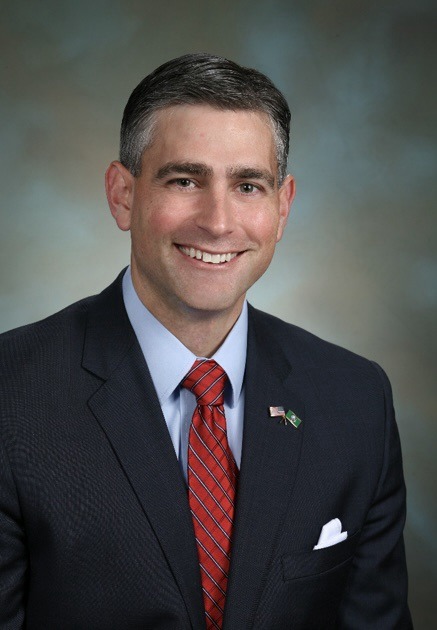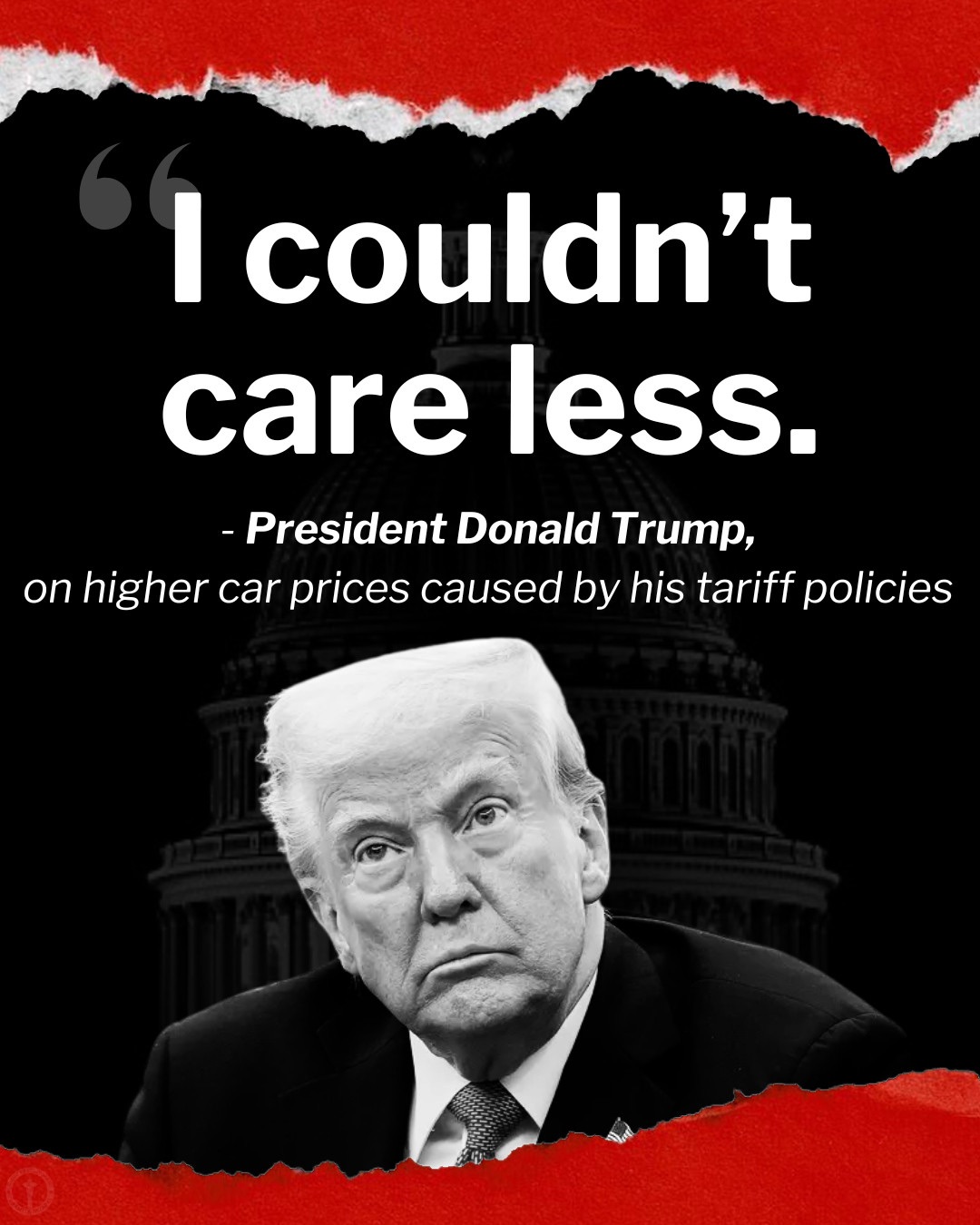Elon Musk’s Department of Government Efficiency (DOGE) has claimed a bold $55 billion in federal savings through staff reductions, canceled leases, and terminated contracts. This figure has been touted by the Trump administration, which even floated the idea of issuing “DOGE dividends” to Americans. However, a New York Times investigation reveals serious flaws in the accounting behind these claims. The numbers are riddled with errors, including double-counted contracts, inflated totals, and partial contract terminations misrepresented as complete cuts.
These errors undermine the purported savings and suggest that DOGE’s team lacks the necessary expertise in government contracting. Some of the contracts the team claims to have canceled were actually ended under the Biden administration, casting doubt on the authenticity of the savings. While the group’s website presents a “wall of receipts,” it is impossible to independently verify the numbers, and the total amount saved cannot be substantiated with the evidence provided.
Notably, some of the projects cited as cuts include those that expired naturally, as in the case of a Michigan environmental scientist’s contract, which the team mistakenly listed as canceled. Furthermore, a significant portion of the cancellations appear to be part of broader administrative priorities, such as dismantling programs focused on diversity and inclusion, with businesses led by minorities and women bearing the brunt of the cuts.
The true nature of these savings is obscured by various accounting oversights. For instance, some claims are based on the ceiling of large umbrella contracts, which represent potential, not actual, savings. In these cases, unspent portions of the contract ceiling were counted as savings, leading to inflated figures. Experts argue that such calculations are misleading and fail to account for the complexities of government contracts.
The team’s haste in claiming savings also overlooks additional costs the government will incur to terminate these contracts, including the expense of winding down operations and legal disputes. These factors, experts say, make the reported savings figures “meaningless,” as they don’t reflect the full scope of the government’s financial obligations.
Despite these flaws, Musk’s supporters remain eager to celebrate the purported success of the initiative. They are drawn to the idea of reducing wasteful spending, especially as taxpayer dollars are involved. However, even those who share the goal of cutting government waste are becoming increasingly skeptical of DOGE’s methods, recognizing that the numbers presented do not accurately reflect the reality of government spending or the true extent of savings.
Amber Hart, a federal contracting expert, criticized the group’s approach, noting that it’s impossible to calculate real-time savings without a comprehensive overhaul of the data reporting system. She argued that while such an overhaul would be valuable, the current system is being broken by misinformed efforts rather than meaningful reforms.
The 1,125 contracts listed on DOGE’s website make up just a small portion of the claimed savings. The remaining funds come from workforce reductions, but no specific data or estimates are provided to support these claims. Experts point out that without clear, reliable data, any savings projections remain speculative and unreliable.
Inaccurate and exaggerated claims about savings also fail to acknowledge the challenges of government procurement, which often involves complex contracts with multiple layers. For instance, one contract with U.S.A.I.D. was triple-counted for a total savings far greater than the actual amount. Similarly, a claimed $232 million savings from a Social Security Administration contract was later revealed to be just $560,000, further undermining the credibility of the reported savings.
These discrepancies are not just technical errors; they represent a broader issue of transparency and accountability in government spending. While some see Musk’s initiative as an attempt to reduce waste, the lack of reliable data and the widespread accounting errors raise serious concerns about the accuracy and fairness of the reported savings. The propaganda around these figures highlights the gap between the promised cuts and the reality of government spending efficiency.




